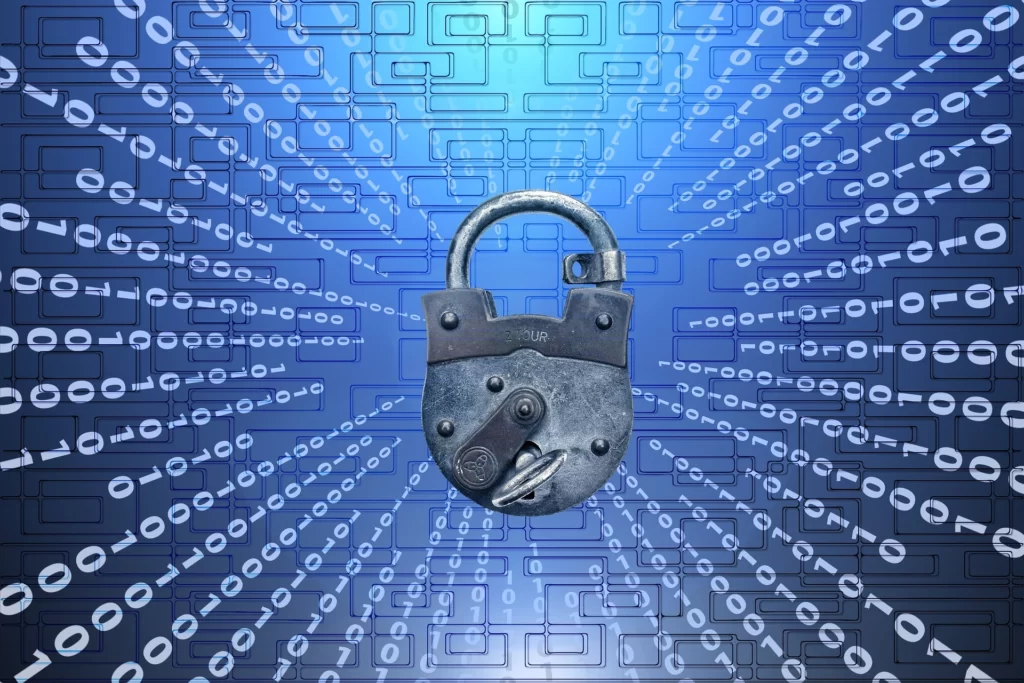In an era where digital technologies reign supreme, the intersection of Artificial Intelligence and National Security has become a linchpin in safeguarding nations and their citizens. The fast progression of artificial intelligence advancements carries with it massive potential and, simultaneously, new difficulties. This blog post explores the intricate relationship between Artificial Intelligence and National Security, shedding light on the pivotal role AI plays in securing the future of nations.
The Crucial Role of Artificial Intelligence and National Security
AI in National Security: A Transformative Powerhouse
The convergence of Artificial Intelligence and National Security is akin to a revolution. It redefines the capabilities of defense and intelligence agencies across the globe. Let’s delve into the various facets where AI is making profound impacts:
1. Threat Detection and Prevention:
The ability of AI to analyze vast datasets in real time is a game-changer in identifying and mitigating threats. Artificial Intelligence and National Security are intertwined in this critical function, providing early warnings and insights into potential security risks.
2. Cybersecurity Resilience
The digital battlefield is as crucial as any physical one. AI-driven cybersecurity systems bolster a nation’s defense against cyber threats. They can adapt and respond rapidly to evolving attack strategies, safeguarding sensitive information and critical infrastructure.
3. Intelligence Analysis
Intelligence agencies are leveraging AI to process and analyze enormous volumes of data from various sources. This not only expedites the decision-making process but also reveals hidden patterns and trends that could have national security implications.
4. Autonomous Systems
Drones, surveillance cameras, and autonomous vehicles are being integrated into national security operations. These AI-powered systems enhance reconnaissance, surveillance, and response capabilities, minimizing risks to human operatives.
5. Communication Encryption
Developments in AI contribute to the creation of more advanced encryption techniques, ensuring that sensitive communications remain confidential, even in the face of determined adversaries.
Challenges and Ethical Considerations
While Artificial Intelligence and National Security offer immense promise, they also raise profound ethical and operational challenges:
1. Ethical Dilemmas
Ethical considerations are paramount. Ensuring that AI systems used in national security adhere to human rights standards is essential. Striking a balance between security and individual liberties is an ongoing challenge.
2. Bias and Discrimination
Artificial intelligence frameworks can acquire predispositions present in their preparation of information, possibly prompting out-of-line or biased results. In settings like observation and policing, is basic to address predisposition.
3. Cybersecurity Vulnerabilities
AI systems themselves can be vulnerable to cyberattacks. Protecting AI systems from exploitation is critical to prevent adversaries from undermining national security.
4. Accountability and Transparency
As artificial intelligence frameworks become more independent, inquiries of responsibility and straightforwardness emerge. Understanding how AI makes decisions is vital for oversight and ensuring that AI aligns with national values and interests.
Securing the Future: A Forward-Looking Approach
The future of national security will undoubtedly be intertwined with Artificial Intelligence and National Security. To navigate this complex landscape successfully, here are some key considerations:
1. International Collaboration and Research
Nations must collaborate on research and development, sharing insights and best practices while addressing shared challenges and ethical concerns.
2. Robust Regulations and Oversight
Effective regulation and oversight mechanisms are crucial to ensure the ethical and responsible use of AI in national security contexts.
3. Continuous Adaptation and Training
As AI evolves, national security agencies must adapt continually. Investing in workforce development is essential to equip professionals with the skills needed to operate and oversee AI systems effectively.
4. Ethical Frameworks
Developing and adhering to ethical frameworks for AI use in national security is paramount to maintaining public trust and international cooperation.
FAQ about Artificial Intelligence and National Security
Q1: Can AI be used for offensive purposes in national security?
Answer: Yes, AI can potentially be used for offensive purposes, such as developing sophisticated cyber weapons. This necessitates careful regulation and international agreements.
Q2: How can bias in AI systems be mitigated within national security agencies?
Answer: Addressing bias requires thorough data selection, rigorous model evaluation, and ongoing monitoring. National security agencies must prioritize fairness in their AI systems.
Q3: Are there international agreements on the use of AI in national security?
Answer: While there are discussions on the ethical use of AI in national security at international forums, comprehensive agreements are still evolving.
Q4: What measures are in place to protect AI systems used in national security from cyber threats?
Answer: National security agencies employ robust cybersecurity measures to protect AI systems from cyberattacks, including continuous monitoring and threat detection.Q4: What measures are in place to protect AI systems used in national security from cyber threats?
Conclusion
The relationship between Artificial Intelligence and National Security is dynamic, reshaping the landscape of defense and intelligence operations. As AI technologies advance, nations must navigate the challenges they pose while harnessing their potential for safeguarding national interests. By embracing AI responsibly, adhering to ethical principles, and fostering international cooperation, nations can secure a future where AI enhances their ability to protect and defend their citizens in an ever-changing world.



